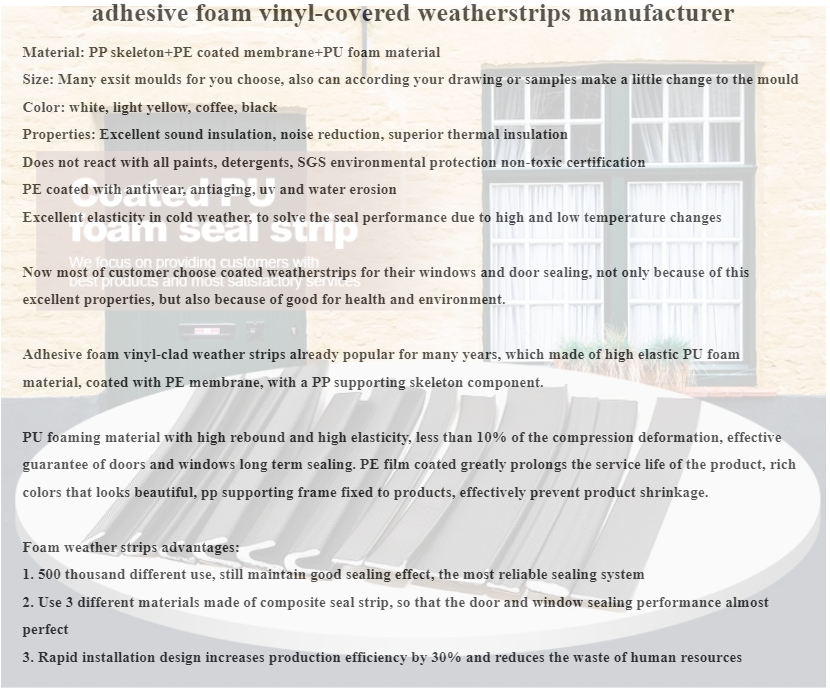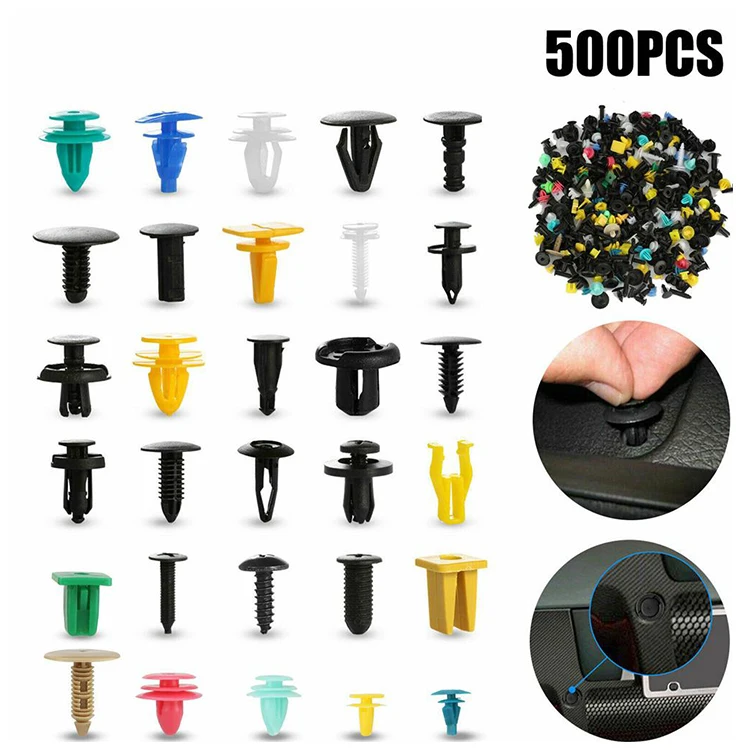High-Quality Sponge Seal Solutions Leading Sponge Door Seal Manufacturer & Service
ліп . 08, 2025 05:51 Back to list
High-Quality Sponge Seal Solutions Leading Sponge Door Seal Manufacturer & Service
- Introduction to sponge seal
: definition, significance, and market overview. - Technical advantages of sponge door seals: material science, durability, and sealing performance.
- Comparative analysis of top sponge door seal manufacturers and factories using a data table.
- Customization and engineering innovation in the field of sponge door seals.
- Application cases: real-world usage across diverse industries.
- Quality assurance and service provided by leading sponge door seal service providers.
- Conclusion: The evolving landscape of the sponge seal industry.

(sponge seal)
Introduction: The Role of Sponge Seal in Modern Engineering
In contemporary industrial and commercial applications, the sponge seal has emerged as a critical component for ensuring environmental separation, thermal insulation, and energy efficiency. Primarily used around doors, windows, and other access points, sponge seals provide an effective barrier against air, water, dust, and noise intrusions. As energy-saving becomes a global priority and regulations tighten, global demand for high-quality sealing solutions has been projected to grow at a CAGR of 5.8% between 2023 and 2030 (Grand View Research). The sponge seal market, which was valued at USD 2.1 billion in 2022, has witnessed expansion driven by breakthroughs in material science and increased demand for both residential and industrial doors. This background underscores the importance manufacturers, suppliers, and service providers must place on product quality and innovation.
Technical Edge: Material Science and Performance of Sponge Door Seals
Technical excellence defines the modern sponge door seal. Most high-performance variants are produced from high-density EPDM, neoprene, or silicone-based foams. Each material type offers unique properties: EPDM resists UV, ozone, and aging; neoprene presents exceptional oil and weather resistance; silicone maintains flexibility in extreme temperatures ranging from -60°C to +230°C. Durability test data shows premium sponge seals maintain over 90% compression recovery after 10,000 cycles of door operation. The closed-cell structure prevents water ingress, while the cellular matrix traps air, providing both insulation and sound attenuation. Additionally, laboratory testing has shown that properly installed sponge seals can reduce air infiltration by up to 70% when compared to doors without sealing solutions. This translates into measurable energy savings and longer service life for building envelope systems.
Comparing Sponge Door Seal Manufacturers and Factories
Given the increased market demand, a range of global and regional sponge door seal manufacturers and sponge door seal factories have emerged. Selecting the appropriate supplier requires an evidence-based analysis of their core strengths—ranging from R&D investment to delivery times, product range, and quality certifications. The comparative data table below provides an industry snapshot (for large-scale manufacturers as of 2024):
| Manufacturer / Factory | Annual Capacity (million m) | Material Options | Lead Time (days) | ISO Certification | R&D Staff (%) | Customized Solutions |
|---|---|---|---|---|---|---|
| SealPro Industries | 120 | EPDM, Neoprene, Silicone | 18 | ISO 9001, ISO 14001 | 12 | Yes |
| FoamGuard Tech | 85 | EPDM, PU, Nitrile | 22 | ISO 9001 | 8 | Partial |
| EverSeal Factory | 98 | Neoprene, Silicone | 13 | ISO 9001, UL | 15 | Yes |
| Global SpongeTech | 76 | EPDM, Silicone | 27 | ISO 9001 | 6 | No |
| EnviroSeal Solutions | 60 | EPDM, Neoprene, NBR | 15 | ISO 9001, ISO 45001 | 10 | Yes |
This comparative outlook reveals how different factories prioritize annual production, material versatility, and the capacity for custom engineering solutions. For instance, EverSeal Factory leads in R&D staff allocation, while SealPro Industries delivers the highest annual output and broadest certification scope, which is critical for projects with stringent compliance requirements.
Customization: Tailoring Sponge Door Seal Solutions
Customization stands as a hallmark of advanced sponge door seal service offerings. The ability to tailor properties such as density, hardness (shore A scale), compression set, and recovery rate ensures optimal performance for each unique installation. Engineers and product designers often specify tolerances of +/-0.3mm for dimensions and select from surface treatments including adhesive backing, flame retardancy, and antimicrobial coatings. According to industry feedback, over 45% of large-scale installations require at least one customized property—reflecting the sophistication of modern architectural and industrial requirements. Moreover, leading service providers have streamlined digital prototyping and rapid tooling to reduce lead time by 30% for custom orders, enabling fast adaptation in dynamic project environments. The result is not only superior functionality but also enhanced branding through colors, textures, and co-extruded edges, tailored to specific application demands.
Real-World Applications: Industrial and Commercial Use Cases
The versatility of sponge door seals is evident in their adoption across numerous sectors. In the automotive industry, sponge door seals support NVH (Noise, Vibration, and Harshness) management, reducing decibel levels by up to 8 dB inside vehicle cabins. In the construction field, data shows office buildings featuring advanced sponge seals save an average of 12% annually on HVAC energy costs (ASHRAE studies, 2023). Specialized food production facilities rely on antimicrobial-treated seals to comply with FDA/USDA requirements, while cleanrooms in semiconductor manufacturing use silicone sponge profiles for Class 100 seal integrity. Case in point: a recent installation for a pharmaceutical client required a co-extruded, dual-hardness seal rated for 100,000 open/close cycles, which outperformed conventional solutions by reducing downtime linked to contaminant ingress. These examples underline the importance of a collaborative approach between clients and sponge door seal service experts.
Supplier Quality and Service Excellence in the Sponge Door Seal Industry
As projects expand in scale and complexity, service support from sponge door seal manufacturers and factories moves to the forefront. Leading suppliers not only meet global standards (ISO, REACH, RoHS) but also implement end-to-end traceability, digital order tracking, and lifetime technical support. Statistical evidence indicates that suppliers with integrated customer support networks achieve 25% higher client retention rates. Comprehensive after-sales service, rapid prototyping, warranty handling, and on-site installation training now form part of premium value packages. Environmental stewardship is also a key differentiator, with 60% of top providers investing in recyclable and low-VOC (Volatile Organic Compounds) materials. Businesses are thus encouraged to evaluate not only product performance but also the full spectrum of technical, logistical, and service assurances offered by sponge door seal suppliers.
Conclusion: The Future of Sponge Seal Solutions
As the sponge seal segment advances in response to more rigorous regulatory standards and sustainability goals, innovation from manufacturers, factories, and service specialists will define the next era of development. Enhanced materials, smarter customization, and digital supply chains are expected to underpin growth, while customer-centric service models ensure long-term reliability. Ultimately, a data-driven approach to supplier selection—balancing technical merits, evidence of real-world performance, and proven quality frameworks—remains vital for businesses seeking superior sealing outcomes on a global scale.

(sponge seal)
FAQS on sponge seal
Q: What is a sponge seal and how is it used?
A: A sponge seal is a compressible sealing material made from foam or rubber, commonly used to fill gaps and prevent dust, moisture, or air leaks. It’s frequently applied to doors, windows, and enclosures. Its flexibility and resilience provide effective sealing performance.Q: How do I choose a reliable sponge door seal manufacturer?
A: Look for manufacturers with strong reputations, quality certifications, and positive customer reviews. Ensure they offer customization, technical support, and high-quality raw materials. Request product samples before making bulk purchases.Q: What services can sponge door seal factories provide?
A: Sponge door seal factories often offer design assistance, custom molding, and bulk production. They may also provide logistics, packaging, and after-sales support. Inquire about their service scope when requesting a quote.Q: Why should I consider professional sponge door seal service?
A: Professional services ensure correct installation and lasting performance of your seals. Experts can recommend the right materials and profiles for your specific needs. This helps prevent future maintenance issues.Q: Can sponge door seals be customized for unique applications?
A: Yes, most sponge door seal manufacturers and factories offer customization in size, shape, density, and material. Custom seals enhance fit and sealing efficiency for special requirements. Contact the manufacturer with your specifications for tailored solutions.-
Premium Vacuum Filter for Karcher VC 4, VC 6, VC 7 & Tineco A10, A11
NewsAug.23,2025
-
Hi-Flo HF155 Oil Filter KTM 250 EXC Racing 03-06 | OEM 580.38.005.000
NewsAug.22,2025
-
Leading LED Neon Rope Light Outdoor Companies & Exporters
NewsAug.21,2025
-
Top Window Seal Strip Adhesive Manufacturers & Suppliers
NewsAug.19,2025
-
Top Window Seal Strip Adhesive Companies - Durable & Reliable
NewsAug.18,2025
-
Leading Window Seal Strip Adhesive Solutions & Companies
NewsAug.17,2025
